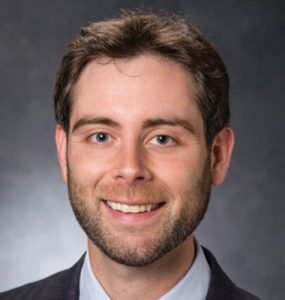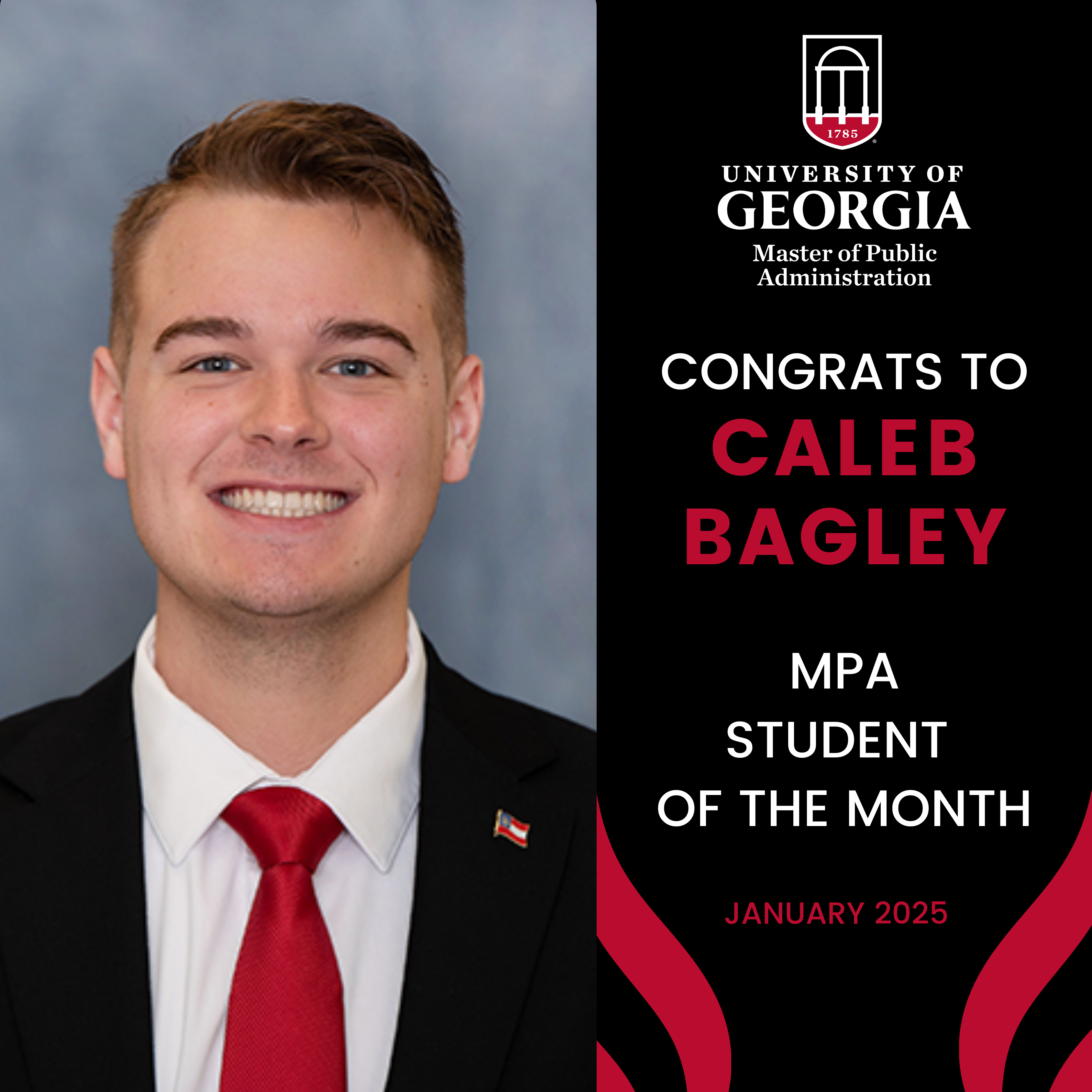
By: Rachael Andrews
In his most recent research article, “Threat-Inducing Violent Events Exacerbate Social Desirability Bias in Survey Responses,” Dr. Shane Singh, along with his co-author, investigates the connection between social desirability bias in survey data and terrorist attacks. Social desirability bias – or when people say they did or feel something that they do not actually do or feel – has been shown for decades to impact survey data, particularly in countries where certain attitudes are more socially desirable than others. For example, Singh’s research focuses on voter turnout in democratic countries where people are more likely to say that they did vote even if they did not because it may be seen as a citizen’s duty to vote in those countries.
To link terrorist attacks and social desirability bias, Dr. Singh partnered with Dr. Jaroslav Tir of the University of Colorado Boulder. “My co-author does a lot of research on civil or territorial conflict, so he knows a lot about how these types of conflicts affect people’s attitudes about other people,” Dr. Singh explains. “He and I have done research together where we found that when people are exposed to violent threat or terror, they are more likely to be less tolerant of people who are unlike themselves, otherwise known as the ‘outgroup’,” he continues. “There are various psychological mechanisms that happen after terror attacks that impact people gravitating toward the ‘ingroup’ (people with the same ethnicity, religion, etc.) and away from the outgroup.”
Based on that, Dr. Singh and his co-author theorized that people tend to signal that they have a commitment to their country after these sorts of attacks. “We also know from the literature that people become more attached to their country after a violent attack, known as the ‘rally-around-the-flag effect’,” he says. “We hypothesized that people would be hesitant to report if they engaged in behaviors that were not in the best interest of the country after these violent attacks.” Thus, people will exhibit social desirability bias in favor of patriotic attitudes or actions after a threatening event, and voter turnout is one way to measure this.
Dr. Singh’s paper uses examples in India and the Netherlands to illustrate this hypothesis. By cross-referencing their own datasets, the authors found the 2004 public murder of Theo van Gogh by an extremist in the Netherlands that happened in the middle of fieldwork for the European Social Survey (ESS). Dr. Singh compared survey responses before and after the murder, and found that people were more likely to say that they had voted in an election two years prior if they were interviewed after the murder. In India, Singh and his co-author had the opportunity to design their own survey in the wake of a terror attack on national police in 2019. The findings in India were much the same as in the Netherlands – a reminder about the terror attacks increased social desirability bias in survey responses.
Dr. Singh has some implications for future researchers, “[They] need to be aware of what is going on in the country where they are collecting data, particularly with attention to terror attacks,” he says. “These events can dramatically impact the quality of their data, and unfortunately, terrorism is very common, so researchers should keep an eye out for its impacts on their data.”
Furthermore, researchers who investigate the impact of war or violence on people’s attitudes may need to investigate whether social desirability bias is affecting their data. Earlier survey data may need to be re-examined for this bias to determine the actual relationship between terrorism and voting behavior.
There are also other ways to measure social desirability bias beyond voter turnout. “Future research could use these other psychometric measures to see which measures other than voter turnout are impacted by social desirability bias in the wake of terror attacks,” Dr. Singh explains.
Also, future researchers could further examine how events that interrupt field research can affect reported attitudes and behavior. “Those interrupted surveys provide a nice example for causal identification, which is something that is only becoming more and more important in the field of political science and more broadly, social science as a whole,” he concludes.
To read Dr. Singh’s article in full, click the link below.








